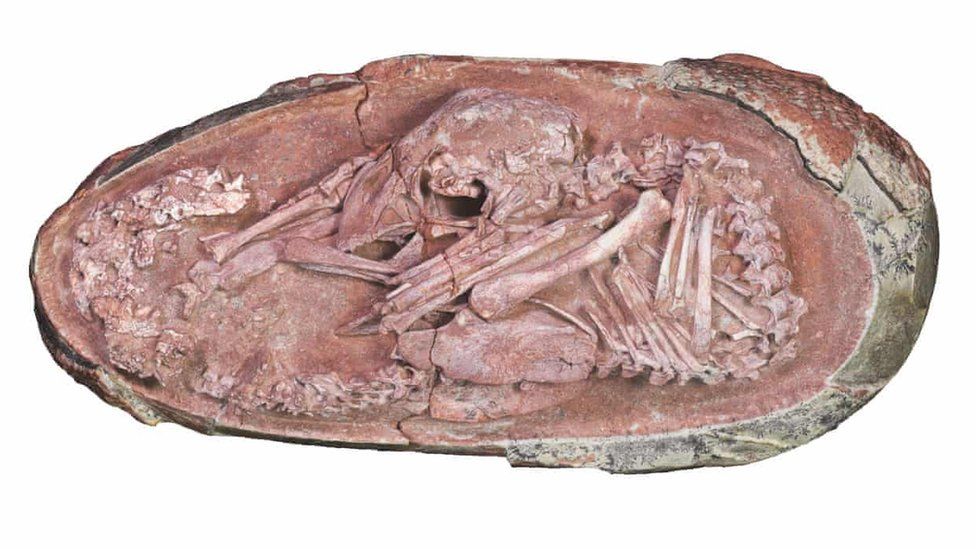https://www.goodreads.com/book/show/315 ... s-michelet
How the Author was led to the Study of Nature.
To my faithful friend, the Public, who has listened to me for so long a period without disfavour, I owe a confession of the peculiar circumstances which, while not leading me altogether astray from history, have induced me to devote myself to the natural sciences.
The book which I now publish may be described as the offspring of the domestic circle and the home fireside. It is from our hours of rest, our afternoon conversations, our winter readings, our summer gossips, that this book, if it be a book, has been gradually evolved.
Two studious persons, naturally reunited after a day's toil, put together their gleanings, and refreshed their hearts by this closing evening feast.
Am I saying that we have had no other assistance? To make such a statement would be unjust, ungrateful. The domesticated swallows which lodged under our roof mingled in our conversation. The homely robin, fluttering around me, interjected his tender notes, and sometimes the nightingale suspended it by her solemn music.
The burden of the time, life, labour, the violent fluctuations of our era, the dispersion of a world of intelligence in which we lived, and to which nothing has succeeded, weighed heavily upon me. The arduous toils of history found occasional relaxation in friendly instruction. These pauses, however, are only periods of silence. Where shall we seek repose or moral invigoration, if not of nature?
The mighty eighteenth century, which included a thousand years of struggle, rested at its setting on the amiable and consoling, though scientifically feeble book of Bernardin de St. Pierre. It ended with that pathetic speech of Ramond's: "So many irreparable losses lamented in the bosom of nature!"
We, whatever we had lost, asked of solitude something more than tears, something more than the dittany which softens wounded hearts. We sought in it a panacea for continual progress, a draught from inexhaustible fountains, a new strength, and—wings.
This work, whatever its character, possesses at least the distinction of having entered upon life under the usual conditions of existence. It results from the intimate communion of two souls; and is in all things itself uniform and harmonious because the offspring of two different principles.
Of the two souls to which it owes its existence, one was the more powerfully attracted to natural studies by the fact that, in a certain sense, it had been born among them, and had ever preserved their fragrance and sweet savour. The other was so much the more strongly impelled towards them because it had always been separated by circumstances, and detained in the rugged ways of human history.
HOW THE AUTHOR WAS LED TO THE STUDY OF NATURE,
PART FIRST.
THE EGG,
THE POLE—AQUATIC BIRDS,
THE WING,
THE FIRST FLUTTERINGS OF THE WING,
TRIUMPH OF THE WING—THE FRIGATE BIRD,
THE SHORES—DECAY OF CERTAIN SPECIES,
THE HERONRIES OF AMERICA—WILSON, THE ORNITHOLOGIST,
THE COMBAT—THE TROPICAL REGIONS,
PURIFICATION,
DEATH—BIRDS OF PREY (THE RAPTORES),
PART SECOND.
THE LIGHT—THE NIGHT,
STORM AND WINTER—MIGRATIONS,
MIGRATIONS, Continued—THE SWALLOW,
HARMONIES OF THE TEMPERATE ZONE,
THE BIRD AS THE LABOURER OF MAN,
LABOUR—THE WOODPECKER,
THE SONG,
THE NEST—ARCHITECTURE OF BIRDS,
THE COMMUNITIES OF BIRDS—ESSAYS AT A REPUBLIC,
EDUCATION,
THE NIGHTINGALE—ART AND THE INFINITE,
THE NIGHTINGALE, Continued,
CONCLUSION,
ILLUSTRATIVE NOTES














